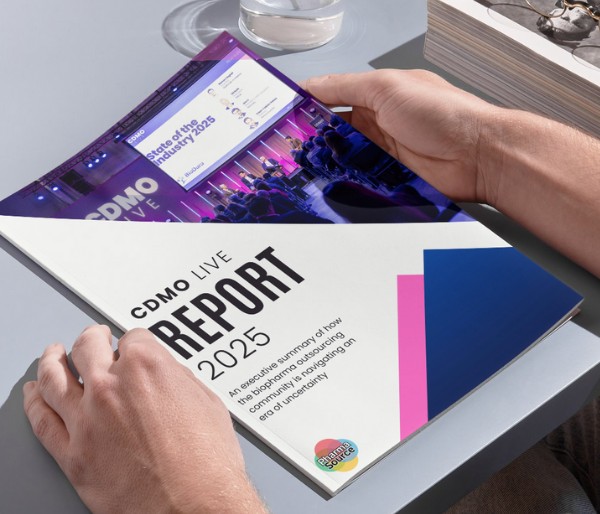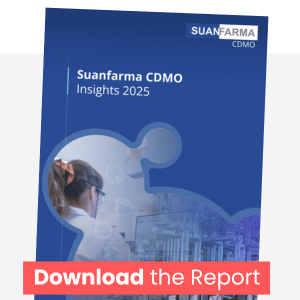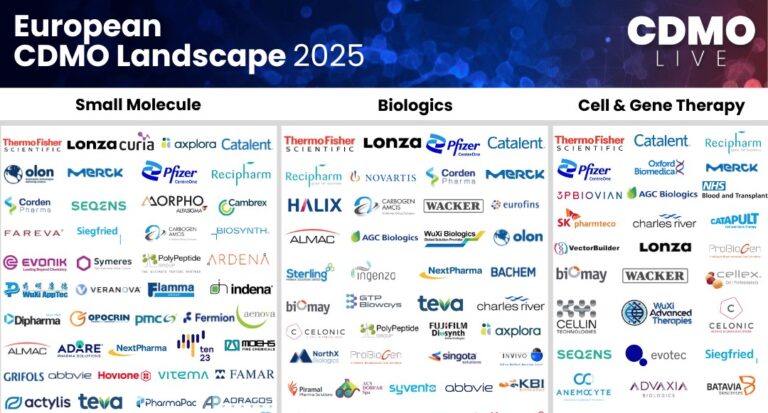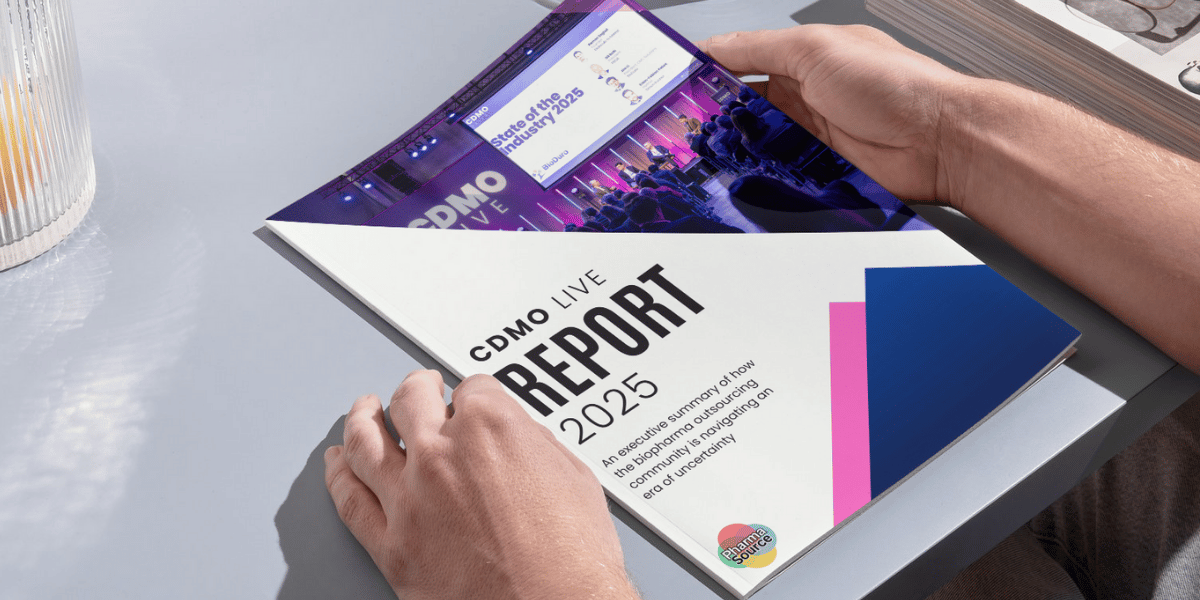Changing contract manufacturer is not a decision to be taken lightly, yet can be necessary to take a product to a commercial stage says Ray Sisons.
Ray Sison is the Managing Partner for SCxCMC, a consultant who specialises in connecting biotech companies with highly qualified CDMOs and independent contractors.
In his work with early stage biopharmas, Ray often finds they are managing several contract manufacturers without a formal supply chain strategy or procurement function.
In the latest episode of PharmaSource podcast, Ray Sisons shares his advice on how to manage CMC and Supply Chain partnerships.
“There’s the supply chain you launch with, and then there’s the supply chain, you actually will use in day-to-day commercial operations.” he says.
“Often when we arrive we find a cobbled together set of Contract Manufacturers (CMOs) that may or may not have had the proper commercial skillset or capacity to meet the long term forecast for the product.”
Vendor Selection
“From the very beginning, a clear project definition really sets your priorities. You need to know what it is you’re trying to outsource, where you are in the business cycle and what’s your exit.”
“A client that is looking for a ‘one stop shop’ is very different to a biotech that just needs to get prototypes and preliminary stability work done.”
“Bottom line, you need the right voices at the table to set the selection criteria.” says Ray.
“It’s not just the scientist at the bench that has the final say on who you outsource, you need to talk to your quality, compliance and regulatory. And ,if you have that function set up already, you should be talking to your commercial and supply teams about their objectives.”
Ray says it’s also important to take into account ‘intangible’ elements such as corporate culture, leadership quality when selecting a partner.
- For more on this you can watch a recent session The Science of CMO Selection
Deciding when to part company from an existing supplier
“Deciding to cut a CDMO loose may not a comfortable question asked in the presence of a CDMO”, say’s Ray, but it may be necessary.
“Working with a CDMO is a partnership but it’s also a business transaction. If one side fails to deliver, if it does not meet its contractual obligations, timeline or deliverables, then action needs to happen.”
Reviewing contractual terms
“We use all the project management and business tools that we have at our disposal before we look at the contract and start taking legal action. If we simply view there should be an exit clause, that’s typically where you can get out for cause or without cause.”
“The red flag is if one of the sides is no longer negotiating in good faith. If that sounds like a legal term it’s because it is. It’s the language we use to mean we’ve got to the place where one or both sides become so frustrated, that they’re looking at the language of the contract to see what they’re supposed to do next.”
“In a functioning relationship, you don’t do that – you pick up the phone, you call them and you figure out a way to work it out. But if it’s evident that one of the parties is not acting in good faith, not negotiating that looking to actually solve the problem… that for me is the moment when you decide we need to look elsewhere.” says Ray.
Always have a backup
For many smaller companies having more than one CDMO working on a the same product may not be economically viable. However, there is no reason not to have backups on stand-by, says Ray.
“Always have multiples, as part of the vendor selection process. I recommend that you have a primary and you have a backup.”
“You negotiate with the primary, obviously, as you want to move forward with them. Make sure to keep a relationship with the backup, even if you don’t initially contract with them. That way if things go sideways you have options.”














 Stay ahead of trends and best practices
Stay ahead of trends and best practices
